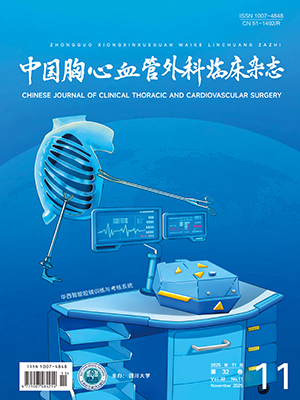Objective To systematically evaluate the efficacy and safety of immune checkpoint inhibitors (ICIs) as first-line treatment for advanced non-small cell lung cancer (NSCLC). Methods PubMed, The Cochrane Library, and EMbase databases were searched for clinical randomized controlled trials (RCTs) of ICIs as first-line treatment for NSCLC patients. The search period was from database inception to January 2023. Quality evaluation was conducted using the improved Jadad scale, and meta-analysis was performed using RevMan 5.4 software. Results Twelve RCTs were included, all of which were assessed as high-quality literature, involving a total of 7 121 patients. Meta-analysis results showed that, compared with chemotherapy, ICIs as first-line treatment for NSCLC patients significantly improved median overall survival (OS) [HR=0.72, 95%CI (0.64, 0.80), P<0.001] and median progression-free survival (PFS) [HR=0.65, 95%CI (0.53, 0.78), P<0.001], and improved objective response rate (ORR) [RR=1.52, 95%CI (1.28, 1.79), P<0.001]. Subgroup analysis showed that, compared with the ICIs monotherapy group, the ICIs combination therapy group significantly improved OS, PFS, and ORR in NSCLC patients. In terms of safety, the risk of any grade treatment-related adverse events (TRAEs) and grade 3-5 TRAEs in the ICIs group was lower than that in the chemotherapy group. The incidence of TRAEs leading to treatment discontinuation was higher in the ICIs group than in the chemotherapy group. Subgroup analysis showed that the incidence of any grade, grade 3-5, and TRAEs leading to treatment discontinuation was higher in the immune combination therapy group than in the immune monotherapy group. Conclusion ICIs as first-line treatment for NSCLC patients can significantly improve OS, PFS, and ORR compared with chemotherapy. Compared to immune monotherapy, immune combination therapy can significantly improve the efficacy in NSCLC patients, but patients have a higher risk of TRAEs.
Citation:
LUO Xindong, GOU Yunjiu, ZENG Weiqiang, JIN Dacheng, CUI Baiqiang. Efficacy and safety analysis of immune checkpoint inhibitors in the first-line treatment of patients with advanced non-small cell lung cancer: A systematic review and meta-analysis. Chinese Journal of Clinical Thoracic and Cardiovascular Surgery, 2025, 32(5): 685-692. doi: 10.7507/1007-4848.202304014
Copy
Copyright © the editorial department of Chinese Journal of Clinical Thoracic and Cardiovascular Surgery of West China Medical Publisher. All rights reserved
| 1. |
|
| 2. |
|
| 3. |
|
| 4. |
|
| 5. |
|
| 6. |
|
| 7. |
|
| 8. |
|
| 9. |
|
| 10. |
|
| 11. |
|
| 12. |
|
| 13. |
|
| 14. |
|
| 15. |
|
| 16. |
|
| 17. |
|
| 18. |
|
| 19. |
|
| 20. |
|
| 21. |
|
| 22. |
|
| 23. |
|
| 24. |
|
| 25. |
|
| 26. |
|
| 27. |
|
| 28. |
|
| 29. |
|
| 30. |
|
| 31. |
|
| 32. |
|
| 33. |
|
| 34. |
|
| 35. |
|
| 36. |
|
| 37. |
|
| 38. |
|
| 39. |
|
| 40. |
|
| 41. |
|
| 42. |
|
| 43. |
|
| 44. |
|
| 45. |
|
| 46. |
|
| 47. |
|
| 48. |
|
| 49. |
|
| 50. |
|
| 51. |
|
| 52. |
|
- 1.
- 2.
- 3.
- 4.
- 5.
- 6.
- 7.
- 8.
- 9.
- 10.
- 11.
- 12.
- 13.
- 14.
- 15.
- 16.
- 17.
- 18.
- 19.
- 20.
- 21.
- 22.
- 23.
- 24.
- 25.
- 26.
- 27.
- 28.
- 29.
- 30.
- 31.
- 32.
- 33.
- 34.
- 35.
- 36.
- 37.
- 38.
- 39.
- 40.
- 41.
- 42.
- 43.
- 44.
- 45.
- 46.
- 47.
- 48.
- 49.
- 50.
- 51.
- 52.




